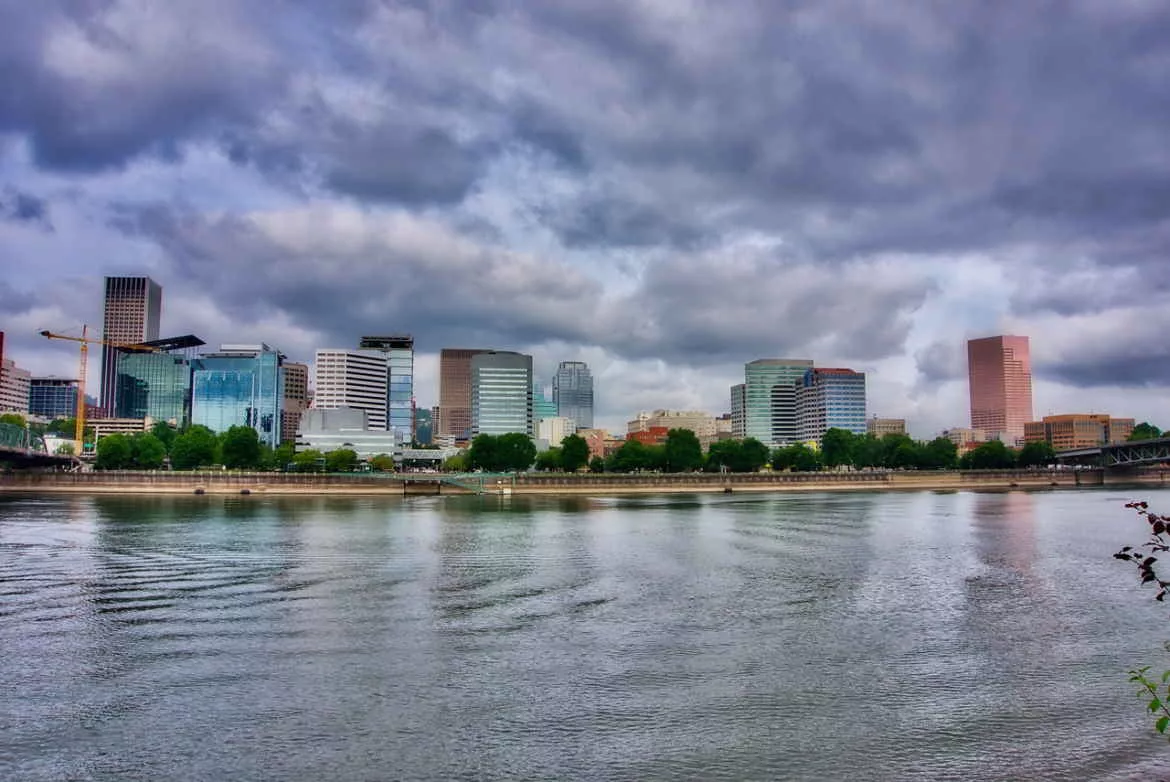Malarkey Roofing Fined Record $2.1 Million for Emission Violations
Roofing Company Discovered Formaldehyde Emissions in 2018 During Voluntary Review of Fiberglass Mat Operations

Portland, Ore.
PORTLAND, Ore. — A roofing company is being hit with a $2.1-million penalty for air quality violations, the largest fine the Oregon Department of Environmental Quality (DEQ) has issued to date.
According to a release from the department, Malarkey Roofing Products in north Portland received the penalty for air quality violations spanning 10 years. After confirming that emissions were beyond what the company's permit allowed in 2019, Malarkey installed pollution controls in July 2020.
In 2009, Malarkey modified one of its emissions units, but did not notify DEQ. In 2018, Malarkey notified DEQ that its formaldehyde emissions may be higher than previously thought, and confirmed the elevated emissions through source testing in 2019. DEQ determined Malarkey was in violation of environmental law for operating for 10 years without a required Title V air quality permit and without proper pollution control equipment.
“As soon as DEQ became aware of the modification, we followed up to confirm the emission levels and get pollution controls installed,” said Matt Hoffman, DEQ Northwest Region Air Quality Manager.
In a written statement, Malarkey confirmed that it discovered the formaldehyde emissions in 2018 during a voluntary review of its fiberglass mat operations and disclosed the information to the Oregon DEQ.
“The moment we discovered that installing the stack in our building may have impacted our emissions, we contacted DEQ to let them know," said Greg Malarkey, president of Malarkey Roofing Products. "We have worked with them throughout this process. While we are disappointed by how DEQ has handled some of its decisions, we own up to our culpability and are proud of how we actively handled the situation. The result is a robust emission control technology that is good for the environment."
In its statement, the roofing company issued an apology, and added it is "very pleased" with the results of using a control technology to significantly reduce emissions.
"Malarkey Roofing is a family business that’s been operating in Oregon for over 65 years. We too are Oregonians, breathing the same air. We care about the environmental sustainability of our planet, and we mean it," Malarkey said.
The fine levied by the DEQ is a cumulative penalty covering the years from 2010-2020 and the vast majority was calculated based on the potential economic benefit from not installing and operating the control technology back in 2009. Malarkey did not indicate wither it would appeal the fine or whether it would resolve it through settlement. Malarkey has the option to appeal the order within 20 calendar days of receiving the notice.
“The tragedy of this would be if other businesses see DEQ issuing penalties and choose not to self-report. We understand we made a mistake, but are confident in how we handled the situation,” said Malarkey.
The DEQ opted not to request the suspension of Malarkey Roofing's operations since pollution controls have been installed.
Malarkey installed a regenerative thermal oxidizer that is 96% effective at controlling emissions, meaning emissions are lower than they were prior to the 2009 modification. According to Malarkey, the formaldehyde missions are about 5% of the Title V threshold. The DEQ confirmed these findings in subsequent source testing.
The DEQ states failing to adequately control emissions can impact the health of the surrounding community. In particular, Malarkey’s uncontrolled emissions included formaldehyde, which is a suspected carcinogen. In large amounts, formaldehyde can cause other serious health effects such as burning sensation in the eyes, nose and throat as well as nausea and skin irritation.
Looking for a reprint of this article?
From high-res PDFs to custom plaques, order your copy today!






